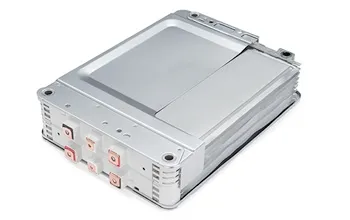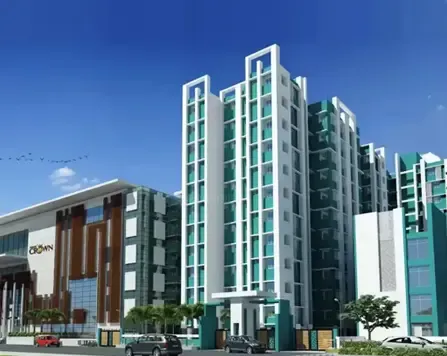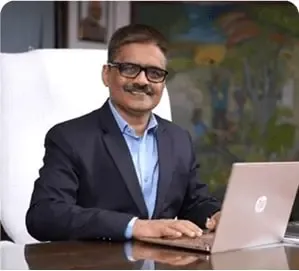How Do GST Reforms on Batteries Impact EV Parts and Charging Services?

Synopsis
Key Takeaways
- The GST 2.0 reform standardizes battery taxes at 18%.
- IESA recommends further tax reductions for EV parts.
- Focus on supporting non-lithium battery technologies.
- Pending proposals on EV charging services remain unresolved.
- Continuous dialogue is encouraged for future reforms.
New Delhi, Sep 8 (NationPress) The India Energy Storage Alliance (IESA) expressed its approval of the newly implemented GST 2.0 framework on Saturday, which has streamlined tax rates for advanced batteries. However, they urged the government to consider reducing the tax on electric vehicle (EV) components from the current 18–28 percent range down to a mere 5 percent.
Under the modified GST scheme, all types of batteries, such as lithium-ion, sodium-ion, flow, and metal-air chemistries, will now incur a consistent tax rate of 18 percent. This adjustment replaces the previous system where lithium-ion batteries were taxed at 18 percent, while other battery types faced a 28 percent levy.
The IESA hailed this adjustment as a “significant milestone” that fosters equal competition for non-lithium technologies and promotes innovation in long-duration energy storage solutions.
“Nevertheless, several crucial recommendations are still pending and are being actively reviewed. The appeal to lower GST on components used in the creation of electric vehicles from 18 percent or 28 percent to 5 percent remains under consideration, with the Fitment Committee citing issues related to an inverted duty structure,” stated the industry organization in a press release.
IESA President Debmalya Sen commented: “For the Clean Hydrogen ecosystem, the GST on Ammonia has been decreased from 18 percent to 5 percent, and the GST for hydrogen fuel cell vehicles under 4 meters has dropped from 12 percent to 5 percent. While we submitted other recommendations as well, we are pleased that some of our suggestions were acknowledged.”
Concerning the other outstanding proposals, the IESA encouraged continuous dialogue to resolve duty inversion and to further bolster domestic manufacturing.
Likewise, the suggestions to reduce GST on EV charging and battery swapping services from 18 percent to 5 percent, or to categorize them as electricity supply, have not received approval, as noted by the IESA.
The Council, adhering to the Fitment Committee’s recommendations, has decided to clarify the nature of the service but will retain the existing GST rates for the time being, according to the release.










